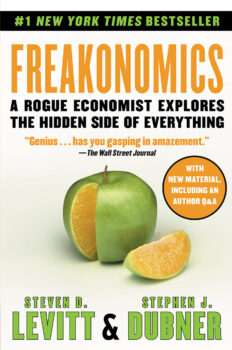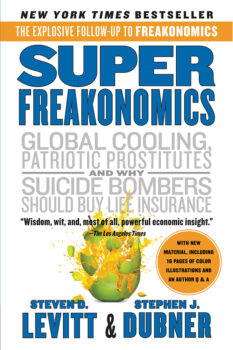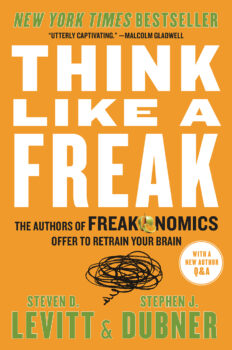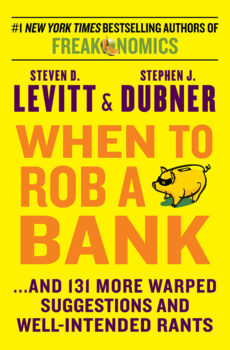Freakonomics Radio Network’s 2022 Staff Picks
To celebrate a wonderful year of production on all of the shows in our network, we asked our staff to choose their favorite episode of the year. Lyric Bowditch, Production Associate“Why Do Doctors Have to Play Defense?” from Freakonomics, M.D.After the Supreme Court overturned Roe v. Wade, my feeds were flooded with content about it. This episode cut through the . . .




